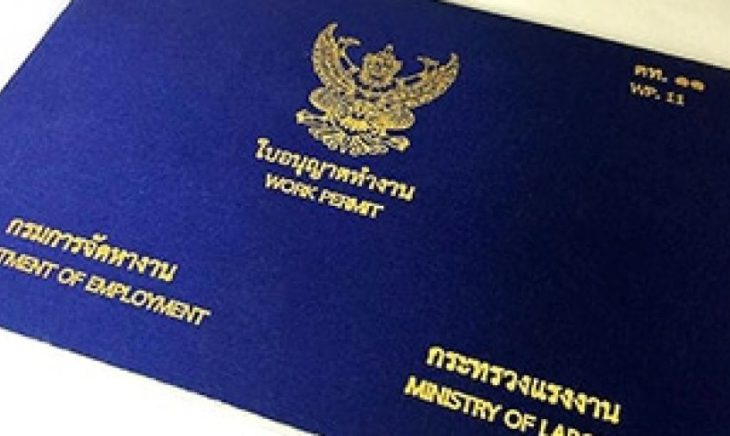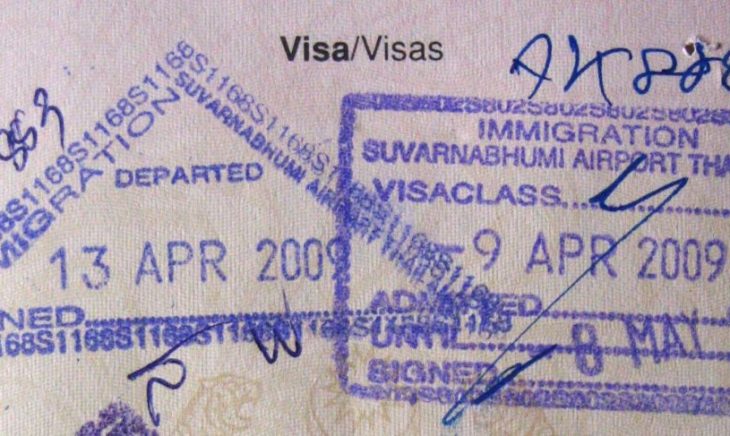As an employer in Thailand, you should be aware that Thailand’s minimum wage increases (Link in Thai) went into effect as of January 1, 2020. What you may not be aware of is how these increases could impact your foreign employees as this relates to their work permit and visa applications. We feel that this is also a good time to go over local employee to foreign employee ratio requirements.
Thailand’s minimum wage differs by province
Thailand has a minimum wage law; however, the baseline amount varies across the country. This is a table of daily minimum wage rates for 2020 compared to 2019. Provinces with major business or tourist centers are bolded for ease of reference:
|
Area |
Minimum |
Minimum |
|
Chonburi, Phuket |
336 |
330 |
|
Rayong |
335 |
|
|
Bangkok, |
331 |
325 |
|
Chacherngsao |
330 |
|
|
Krabi, Khonkaen, Chiang Mai, |
325 |
320 |
|
Prachinburi |
324 |
318 |
|
Kalasin, |
323 |
|
|
Kanchanaburi, Chainat, Nakhonpranom, Nakhonsawan, Nan, |
320 |
315 |
|
Kamphangphet, |
315 |
310 |
|
Narathiwat, Pattani, Yala |
313 |
308 |
Does your company hire foreign employees and how it will be affected?
While the minimum salary requirements for foreign skilled employees to qualify for a work permit and visa are well above these minimums, the minimum daily wage rates for Thais remain relevant. The criteria for sponsoring one business (type “B”) visa for a foreign employee is generally 4:1 Thai to foreign staff (without BOI promotion) and 1:1 for certain foreign businesses (i.e. representative offices, branch offices, and regional offices).
So, for example, a Thai company with a registered address in Bangkok that wishes to hire a foreign employee must have at least four full-time Thai employees on payroll. In 2019, that would have required a monthly payroll of THB 9,750 x 4 or THB 39,000. In 2020, that increased to THB 9,930 x 4 or THB 39,720.
If you do the math, you may notice that these amounts would mean hiring a daily worker for 30 days a month. This is based on a Labor Department legal interpretation (link in Thai) on calculating daily wages for monthly salaries under Section 68 of the Labor Protection Act and citing Section 193/6, paragraph 3, of the Civil and Commercial Code. Labor and Immigration Department officials have been known to rely on this interpretation when assessing filings, which is why we are using them here.
You must ensure filings comply with minimum wage increases
When reviewing work permit and visa applications, officials will require payment receipts and the corresponding monthly income tax form PND.1 and social security form SPS.1-10 for qualifying Thai employees over the most recent three months immediately preceding the application. This is required for both new and renewing work permits and visas.
For January work permit and visa filings, applicants would have been held to 2019 minimums. But starting February 2020, applicants must show PND.1 and SPS.1-10 forms and payment receipts reflecting wage increases according to the following table:
|
Work permit & visa applications in: |
Require filings from: |
For these amounts: |
|
January 2020 |
October 2019 |
THB 9,750 per employee |
|
|
November 2019 |
THB 9,750 per employee |
|
|
December 2019 |
THB 9,750 per employee |
|
February 2020 |
November 2019 |
THB 9,750 per employee |
|
|
December 2019 |
THB 9,750 per employee |
|
|
January 2020 |
THB 9,930 per employee |
|
March 2020 |
December 2019 |
THB 9,750 per employee |
|
|
January 2020 |
THB 9,930 per employee |
|
|
February 2020 |
THB 9,930 per employee |
|
April 2020 |
January 2020 |
THB 9,930 per employee |
|
|
February 2020 |
THB 9,930 per employee |
|
|
March 2020 |
THB 9,930 per employee |
Please note that officials will scrutinize both sets of forms and payment receipts for every month to ensure that the correct amounts were paid before approving any application. This may seem like a small detail, but officials are known for being extremely meticulous in checking these amounts, and any discrepancy will almost certainly result in an application being rejected.
GPS Legal can help you
Whether you are starting a new business in Thailand or have existing foreign employees and just want to ensure everything is correct, contact GPS Legal today. Our immigration and work permit experts will evaluate your status and go through the steps required to get you in compliance.










